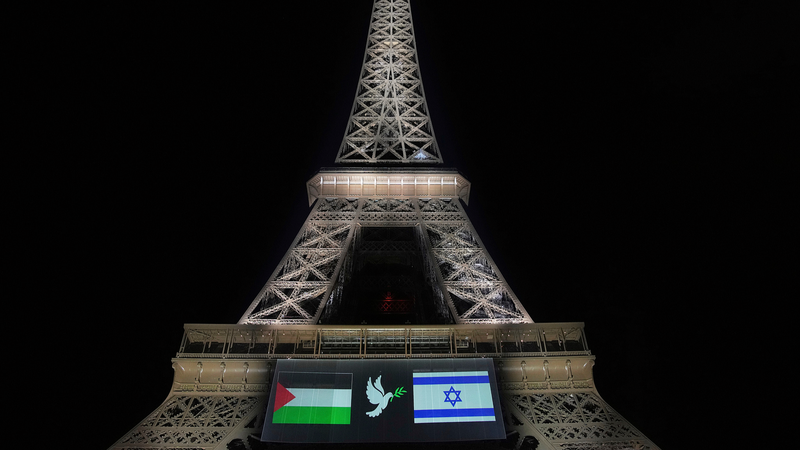This Monday, France and Saudi Arabia convene dozens of heads of state and government in Paris to reignite momentum behind a two-state solution to the Israeli–Palestinian conflict. Key highlights are expected as several nations prepare to formally recognize a Palestinian state, challenging long-standing diplomatic norms.
Notably, Israel and the United States have announced a boycott of the summit. Israel’s U.N. Ambassador Danny Danon dismissed the gathering as a “circus,” and Israeli leaders are weighing responses, including possible annexation of parts of the occupied West Bank and targeted measures against France.
Over the weekend, the United Kingdom, Canada, Australia and Portugal all extended formal recognition to a Palestinian state. On Monday, France and at least five others are poised to follow. While some recognitions come with conditions tied to Palestinian Authority reforms, others aim for phased normalization of diplomatic ties.
Palestinian President Mahmoud Abbas, 89, and senior officials will join via video after U.S. visa refusals. Saudi Crown Prince Mohammed bin Salman, co-host of the event, will also address participants remotely after the U.N. General Assembly agreed to his virtual appearance.
“The world is saying out loud a Palestinian state and we need to materialize it,” said Palestinian Foreign Minister Varsen Aghabekian Shahin. “Now they need to show what these measures are.”
The summit’s outcomes could reshape Middle East diplomacy and global relations in the months ahead, as international actors grapple with the promise and pitfalls of renewed engagement.
Reference(s):
cgtn.com



